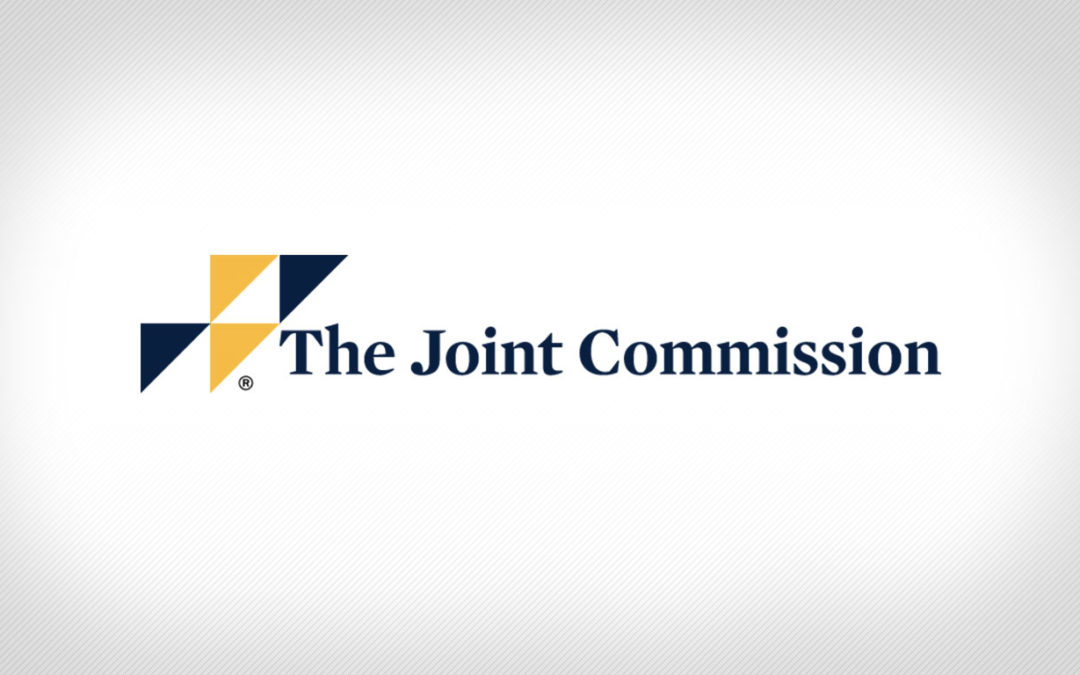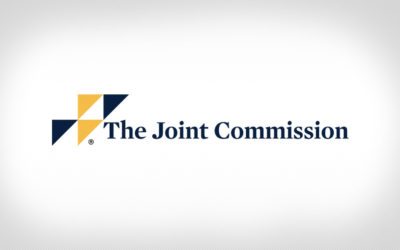
The Joint Commission recently announced a voluntary Sustainable Healthcare Certification (SHC) program for U.S. hospitals, effective Jan. 1, 2024, acting upon requests from health care organizations that want to accelerate their sustainable practices and reduce greenhouse gas (GHG) emissions.
The SHC program, available to Joint Commission accredited and non-Joint Commission accredited hospitals and critical access hospitals, provides a framework to help organizations begin, continue or expand their decarbonization efforts and to receive public recognition for their commitment and achievements in contributing to environmental sustainability.
The certification’s national standards and elements of performance establish needed structure, rigor and accountability to accelerate the industry’s growing sustainability efforts. The program includes setting priorities and governance for sustainability initiatives, creating baselines to measure three sources of GHG emissions, and developing an action plan to reduce them.
Health care organizations that prioritize sustainability gain meaningful, lasting benefits such as cost savings, operating efficiencies, staff recruitment and retention, and potential payments and tax credits through recent federal incentives. Decarbonization also is an imperative for improving health care equity and patient safety, as the individuals least able to compensate for the effects of the climate are already burdened with adverse social determinants of health.
“We want to work with the momentum of health care organizations leading the way in sustainability excellence – inspiring and guiding others that want to prioritize greener practices,” says Jonathan B. Perlin, MD, Ph.D., MSHA, MACP, FACMI, president and chief executive officer, The Joint Commission Enterprise. “Health care is one of the largest sectors in the United States and one dedicated to improving people’s health and well-being. Now is the time for The Joint Commission to take its place among other leading health care organizations to help accelerate environmental sustainability. Together, we can collectively reduce the health care sector’s carbon footprint and reduce hospital visits, illnesses, premature deaths and medical costs from severe weather events and other climate impacts.”
“Today, there are severe and pressing operating challenges facing health care leaders and clinicians – but, despite that, the effort to mitigate and reverse climate change cannot be delayed,” says Don Berwick, MD, MPP, FRCP, KBE, president emeritus and senior fellow, Institute for Healthcare Improvement. “The effects of climate change pose an immense threat to human health, and it is incumbent on all of us to accelerate sustainable practices and reduce greenhouse gas emissions within health care. Fortunately, recent federal legislation that allows for expanded payments and tax credits makes massive new resources available to health care organizations willing to take advantage of that opportunity.”
Industry leaders rally for sustainable health care
“At Parkland Health, we recognize the role that climate plays in health,” says Frederick P. Cerise, MD, MPH, president and chief executive officer, Parkland Health. “Climate change contributes to air pollution, extreme temperatures, severe weather and more. Such stressors tend to impact different populations differently. As a result, the most vulnerable populations tend to experience the worst impacts from these changes. At Parkland, we are a public health entity, and we are focused on underserved populations. Sustainability is an area that makes sense for us to pay attention to, both from a public health perspective and from a health care equity perspective.”
Other health care leaders and innovators of all sizes and geographies care deeply about the future of their communities, their organizations and the world. To hear from some of them in their own words, including representatives from CommonSpirit Health, Parkland Health, Providence, the American Hospital Association and the Ohio Hospital Association, please visit jointcommission.org/our-priorities/sustainable-healthcare.
The Joint Commission also has launched an online Sustainable Healthcare Resource Center. The Resource Center provides key strategies, tools, literature, videos and links to help organizations get started on sustainability, as well as innovative solutions for those that have already taken steps to reduce their carbon footprint. It can assist hospitals as they prepare for SHC and serve as a forum to share and learn from others.
Hospitals can begin working toward certification immediately and apply as soon as Jan. 1, 2024. Prior to this formal launch date, interested hospitals may complete a pre-application form.










